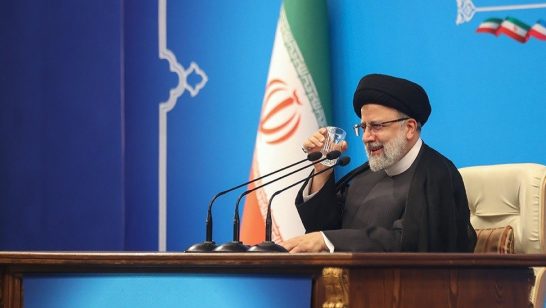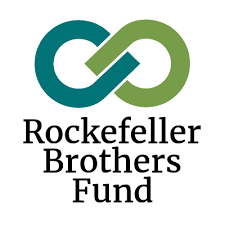What?
Activities include:
- Convening and participating in track 2 and track 1.5 dialogues on nuclear diplomacy with Iran and in the region
- Providing analysis and ideas to governments engaged in nuclear diplomacy
- A regular newsletter which brings out key highlights from the public debates inside Iran, to provide a deeper and more nuanced understanding of Iranian discussions about the JCPOA, Iranian diplomacy, Iran’s relations with different parts of the world, nuclear policy and conflict risks
- Collaborating with other experts and publishing analysis to inform diplomacy and support nonproliferation
Why?
In a climate of growing risks to the non-proliferation regime, the Iranian nuclear programme and the possibility of a wider Middle Eastern nuclear arms race present critical risks to international security. Despite some diplomatic fatigue with longrunning efforts to revive the JCPOA, the issue of nuclear diplomacy remains vitally important both for nonproliferation globally and for conflict prevention in the Middle East. The ELN’s work helps to keep it on the policy agenda.
How?
The project situates the Iranian nuclear programme within the broader global context of nuclear non-proliferation laws and diplomacy, while also assessing the specific regional political conditions that affect nuclear diplomacy.
It engages experts from Iran, the P5+1 countries and other European and Middle Eastern countries for a holistic view of the different perspectives and interests involved.
The project keeps abreast of debates among Iranian scholars, officials and the media on issues relevant to nuclear diplomacy through regular analysis of Persian-language sources












